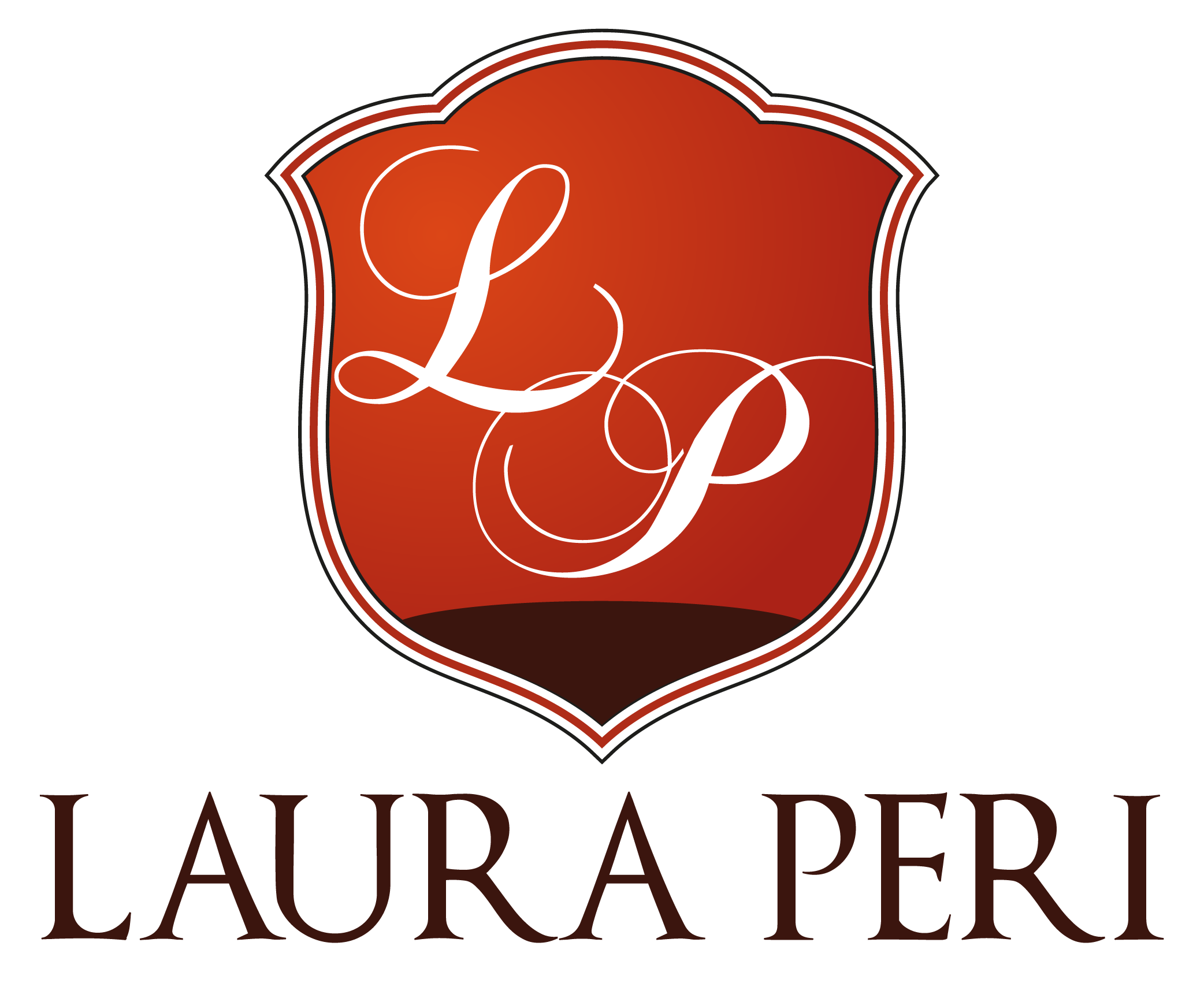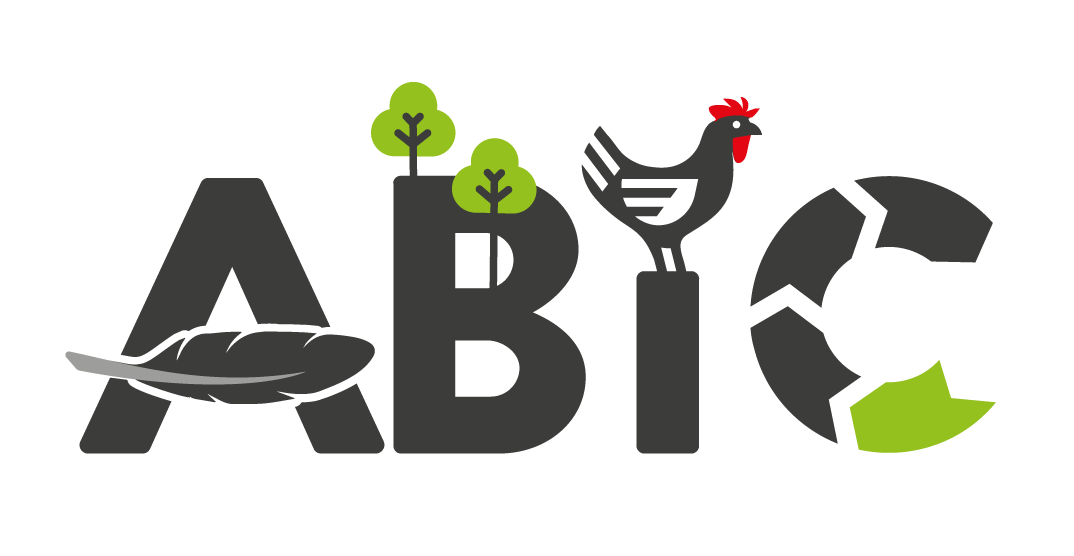Our Farm
Juniper
Rosehip
Biodiversity
Biodiversity is a fundamental pillar of our ecosystem’s well-being and the quality of our products. It’s not just about the variety of animal and plant species, it also means preserving local agricultural and livestock traditions that enrich our land.
Arbutus Tree
Oak
Our Free-range Birds
The Hatchery and The Brooder House
The eggs are incubated in special incubators within a dedicated room, ensuring the utmost care and attention during this delicate phase.
The brooder house has been designed with all the necessary elements for chick growth in mind, everything from the wall color, to temperature, ventilation, and lighting, thanks to the valuable experience gained over the years. During the Farm Experience, visitors can observe the chicks through a special viewing window.
The White Valdarnese Chicken
The White Valdarnese Chicken is known for its hardiness, independent nature, and slow growth, which ranges from 4 to 6 months or more. Its meat is flavorful and firm, thanks to its access to pasture in our woodlands. Its small size, lean build, thin yellowish skin, long thighs, and yellow legs are a symbol of the rural traditions of the Valdarno area, bringing the authentic taste of the past back to your table.
The Valdarno Black Chicken
The Valdarno Black Chicken is known for its rebellious nature and slow growth, which extends over 5 to 6 months or more. Raised in the woods, this environment enhances its unique qualities. Its meat has an intense flavor and is distinguished by a firm texture, thin, almost white skin, ambrosia-colored legs, and a combination of robust and tasty, yet delicate flavors that preserve the culinary tradition of the Valdarno region.
Guinea Fowl
In the tradition of Valdarno’s rustic poultry yards, the Common Grey Guinea Fowl, also known as Gallinella, was introduced long ago. Raised in the woods and among olive groves, it grows slowly, developing firm, flavorful meat with a rich and distinctive taste.
Muscovy Duck
Locally known in Valdarno as the historic “nana muta” (mute duck), it finds its natural habitat among the olive groves.
Raised slowly, it produces richly flavored, distinctive meat, and also lays delicious eggs, perfect for fresh pasta, desserts, and nourishing omelettes.
Pigeon
With the same level of care, the pigeon is carefully selected and raised in dedicated aviaries to ensure food safety and nutritional quality. Grown in a controlled environment that supports its proper development, its meat is tender, flavorful, and rich in protein, renowned for both its delicate texture and intense taste.


